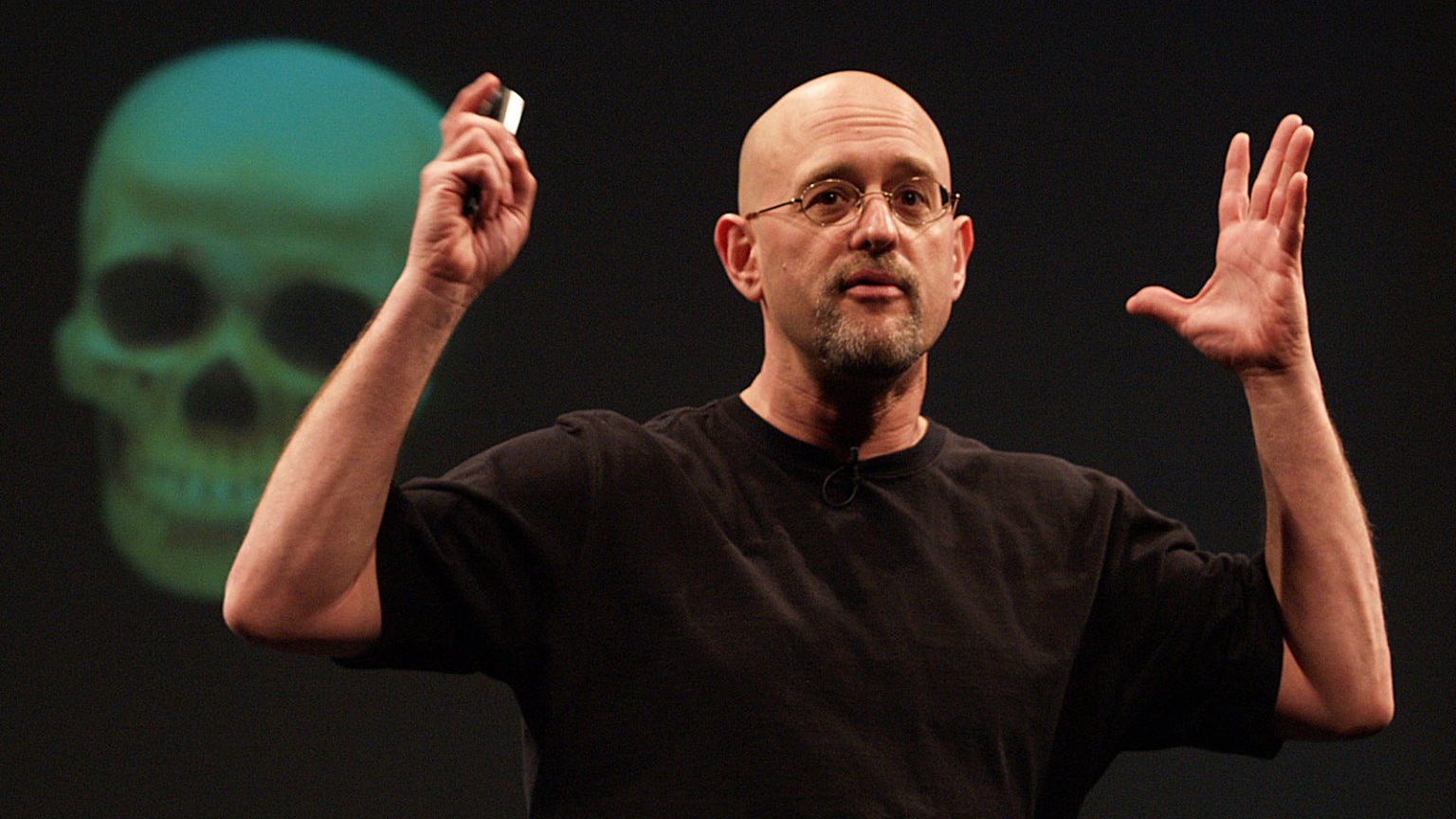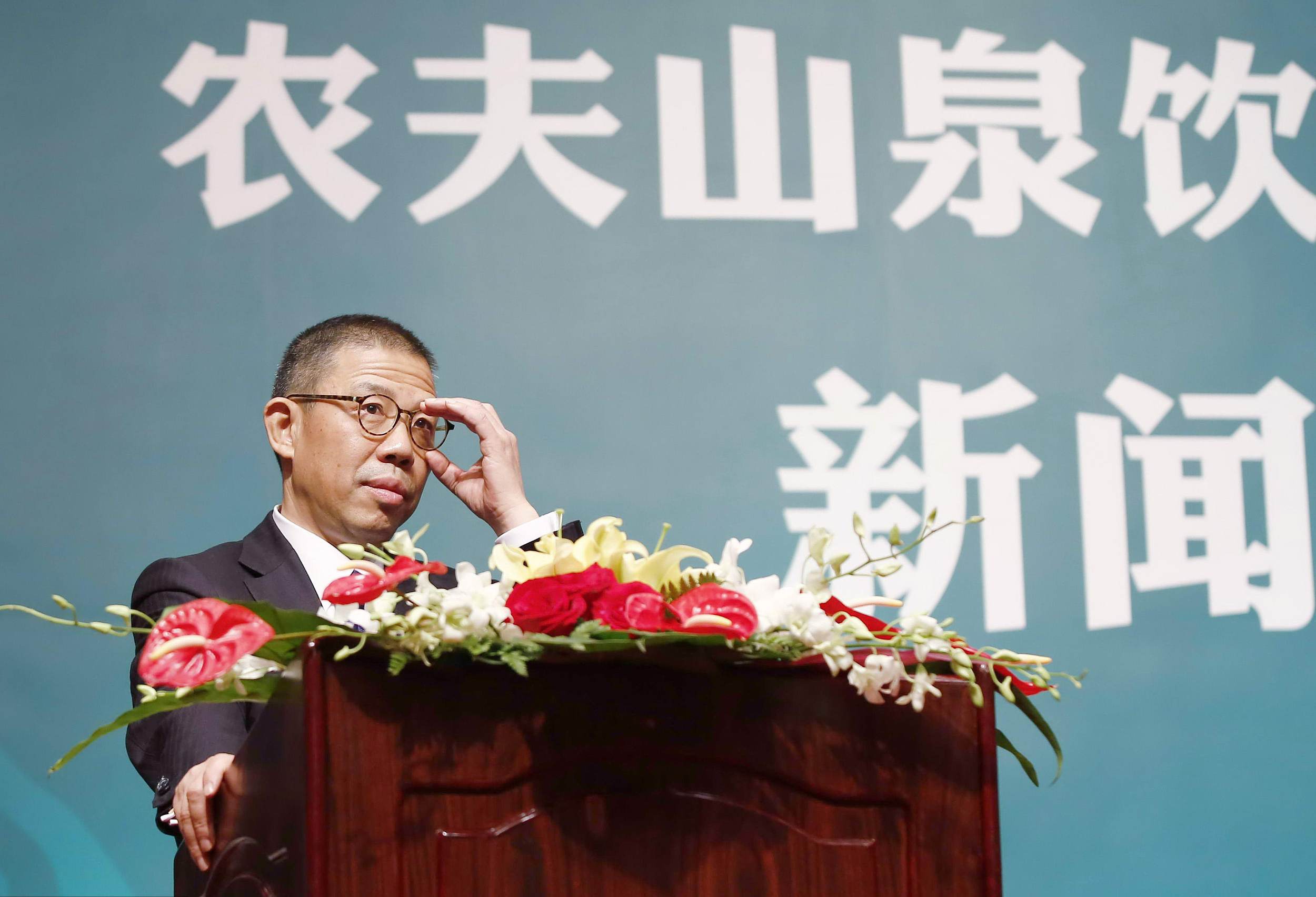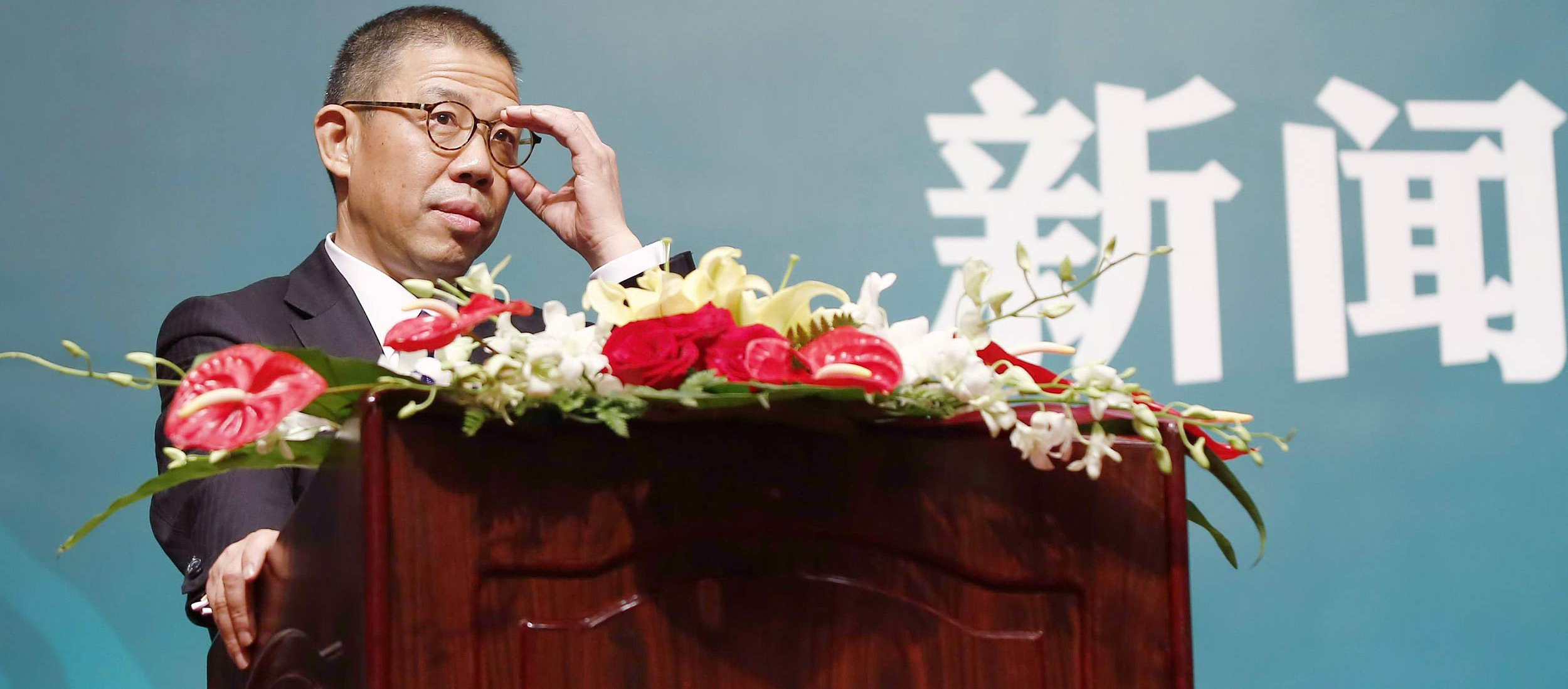In the bustling industries of Bangladesh, few companies have made as remarkable an impact as Akij Group. A household name across the country, Akij Group’s success story is a tale of entrepreneurial vision, persistence, and an unyielding commitment to growth. From its humble beginnings in the tobacco trade to becoming one of Bangladesh’s largest and most diversified conglomerates, Akij Group has made its mark in a range of industries, from textiles and ceramics to beverages and construction materials.
This blog delves into the inspiring startup journey of Akij Group, which has become synonymous with industrial prowess and business innovation in Bangladesh.
Humble Beginnings: The Vision of Sheikh Akij Uddin
Akij group owner Akij Uddin’s breakthrough came when he ventured into the tobacco industry. Bangladesh, being a major tobacco-growing region, offered immense potential. Recognizing this, Akij started producing bidi, a hand-rolled local cigarette that quickly gained popularity among consumers. Through hard work and a keen understanding of the market, Akij Uddin’s bidi business expanded, becoming the foundation upon which the Akij Group would grow.
Click here to read the success story of Nike Shoe
Akij group Expansion into Diversified Industries
The success of the tobacco business allowed Akij group owner to reinvest profits into other industries. His vision was not limited to tobacco; he wanted to create an industrial empire that would contribute to the development of Bangladesh. Over the decades, Akij Group diversified into a wide range of industries, each adding to its growing reputation as a leading industrial conglomerate.
By the 1970s and 1980s, Akij Group (with Akij group owner) had ventured into the textile industry, launching factories to produce jute goods, which were a major export product of Bangladesh. This diversification helped the company weather economic uncertainties, as it could rely on multiple revenue streams.
From textiles, Akij Group continued its expansion, setting up factories in the cement industry, manufacturing ceramics, and producing beverages. The company’s popular Akij Food & Beverage Ltd. (AFBL) was launched, producing some of the most well-loved brands in Bangladesh, such as Frutika juice, Mojo soft drinks, and Clemon lemon soda. These brands became favorites among consumers, helping Akij Group secure its position as a leader in the food and beverage industry.
Innovation and Commitment to Quality
What set Akij Group apart from many other companies in Bangladesh was its commitment to quality and innovation. Under the leadership of Sheikh Akij Uddin, the company always focused on producing high-quality products that could compete with international brands. Akij invested heavily in modern machinery and cutting-edge technology, ensuring that its factories maintained world-class production standards.
The ceramics division of Akij Group, for example, is one of the largest producers of ceramics in Bangladesh. With modern manufacturing techniques and a focus on design, Akij Ceramics has been able to compete on both the domestic and international markets, exporting high-quality tiles and sanitaryware to various countries.
Akij Group’s approach has always been to focus on self-sufficiency. Whether it was setting up its own cement plants to support the construction boom in Bangladesh or producing plastic and packaging materials through Akij Plastics, the group’s integrated approach to business ensured that it could meet the growing demand for industrial and consumer goods in Bangladesh.
Social Responsibility and Sustainability
Sheikh Akij Uddin was not only an astute businessman but also someone who cared deeply about his community. He believed in giving back to society and contributing to the social and economic development of Bangladesh. Over the years, Akij Group has invested in numerous social responsibility projects, including healthcare, education, and environmental sustainability initiatives.
One of Akij Group’s standout projects is Akij Foundation, which has established schools, hospitals, and charitable organizations across Bangladesh. These initiatives reflect the company’s commitment to uplifting the lives of the people and creating a positive impact on society.
Moreover, Akij Group has increasingly focused on sustainable business practices. Its biomass power plant project, for instance, highlights the company’s commitment to renewable energy and reducing environmental impact. Akij Group’s move toward sustainability is a recognition that modern business success must also involve responsible stewardship of resources.
Leadership Transition and Continued Growth
After the passing of Sheikh Akij Uddin in 2006, leadership of the company passed to his sons, particularly Sk Bashir Uddin, who now serves as the managing director of Akij Group. Under Bashir Uddin’s leadership, the company has continued to expand and modernize, exploring new opportunities both domestically and internationally.
Akij Group’s export businesses have grown significantly, and the company has become a major player in the global market for goods such as tobacco, jute, textiles, and ceramics. The group now operates more than 25 different industries, contributing significantly to Bangladesh’s economy and employing tens of thousands of people.
Conclusion: A Legacy of Excellence
The startup story of Akij Group is one that resonates with the entrepreneurial spirit of Bangladesh. From the vision of a small-town trader in the 1940s to becoming one of the largest and most diversified industrial conglomerates in the country, Akij Group’s success is a testament to hard work, innovation, and a commitment to excellence.
Today, Akij Group stands as a symbol of national pride, contributing not only to Bangladesh’s industrial development but also to the welfare of its people. As it continues to grow and diversify, the legacy of Sheikh Akij Uddin lives on—a legacy built on the values of integrity, perseverance, and a deep sense of responsibility to both business and society.
Akij Group’s journey is not just about building a business; it’s about building a better Bangladesh.
Read more blogs here













